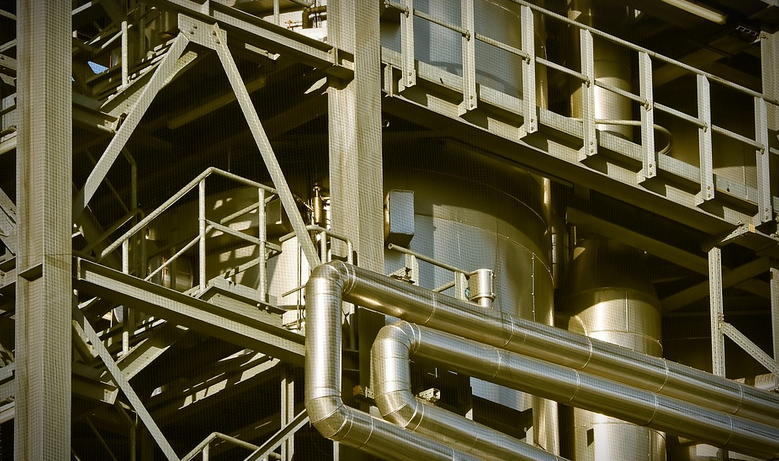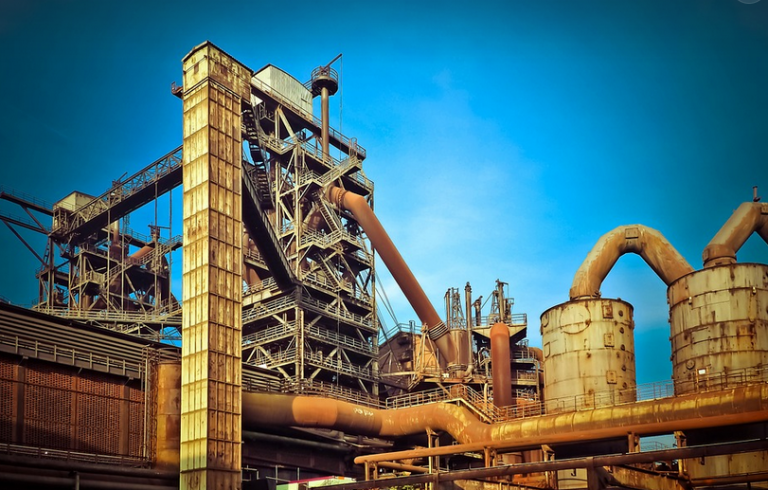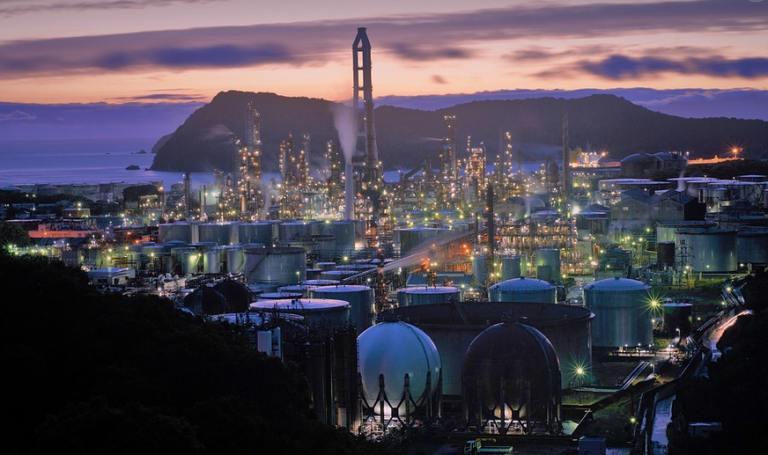
A Deeper Dive into the World of Waste
We all know recycling is important. It’s a part of our daily lives, or at least it should be. But amidst the whirlwind of modern society, sometimes we need a little reminder about its benefits and drawbacks. This article dives into the world of recycling, exploring both the advantages and disadvantages to help you make informed decisions for the planet.
As we move toward a more sustainable future, understanding how recycling impacts our lives is crucial. It’s not just about throwing cans and bottles in different bins; it’s about making conscious choices that contribute to a healthier environment.
Let’s start by acknowledging the undeniable advantages of recycling.
The Pros: A World Made Greener
The impact of recycling on our planet is profound, offering a multitude of benefits that extend far beyond just reducing trash volume. Firstly, recycling conserves natural resources. Think about it – when we recycle paper, aluminum, and glass, we’re not only diverting waste but also saving valuable raw materials from being extracted.
These materials are often found in the earth’s crust, a finite resource that can be depleted if we don’t act responsibly. Recycling allows us to extend these resources for future generations, ensuring access to them for years to come.
Recycling also helps reduce greenhouse gas emissions and air pollution. Manufacturing new products from raw materials often requires extensive energy use and contributes significantly to global warming and air quality issues. Recycling cuts down on the need for such intensive processes, making a positive impact on our planet.
Moreover, recycling promotes a circular economy – a system where waste is minimized, resources are reused, and products are designed for longevity and repairability. This approach helps us move away from a linear model of “take-make-dispose,” which depletes resources and creates unnecessary waste.
Recycling also has its benefits for the environment, particularly in terms of biodiversity. Our natural ecosystems are often threatened by pollution and habitat loss. Recycling efforts help to lessen this pressure on the planet, creating a more harmonious relationship between humans and nature.
Finally, recycling can empower communities, fostering a sense of environmental stewardship and civic engagement. By participating in these activities, we learn about sustainable practices and contribute to positive change. This collective effort fosters a shared responsibility for our environment and our future.
However, even with its numerous advantages, recycling has its share of drawbacks.
The Downsides: Navigating Challenges
One major issue is the cost-effectiveness of recycling programs. Depending on the type of material and local setup, processing recycled products can sometimes be more economical than producing new materials entirely.
Furthermore, not all waste is recyclable. Materials like electronic waste often contain hazardous components that pose environmental risks if mishandled. These materials require specialized disposal methods to ensure that they’re managed safely and sustainably.
Another challenge lies in the complex nature of recycling itself, requiring a well-coordinated system for collection, sorting, processing, and transportation. It requires investment in infrastructure, technology, and dedicated personnel, all of which can contribute to costs and hurdles.
Further complexities arise from inconsistencies in materials quality. Recycled items may not always meet the same standards as their virgin counterparts, leading to potential issues with compatibility or functionality.
Additionally, the recycling process itself can have a carbon footprint. Certain steps in processing recycled waste require energy and resources that contribute to emissions. As we strive for sustainability, it is important to weigh these environmental costs against the benefits of recycling.
Finally, the “wish-cycling” phenomenon presents another challenge. Throwing recyclable materials into general trash bins can actually hinder the effectiveness of recycling programs, as they are not properly sorted and processed at the end stages. This can lead to an increase in pollution and wasted resources.
While challenges exist, it’s crucial to remember that innovation is constantly pushing boundaries. Researching new technologies for efficient sorting, improving material quality standards, and developing innovative recycling alternatives will continue to address these issues.
In Conclusion: A More Sustainable Future
As we look towards the future of recycling, it’s essential to acknowledge both its benefits and challenges. It’s a complex system that requires careful consideration and ongoing improvement.
The key lies in making informed choices, embracing sustainable practices, and working together to create a more circular economy. By understanding the advantages and disadvantages of recycling, we can contribute to a cleaner planet for generations to come.
Recycling is not just about throwing things away; it’s a commitment to a brighter future – one where waste is minimized, resources are conserved, and our planet thrives.


